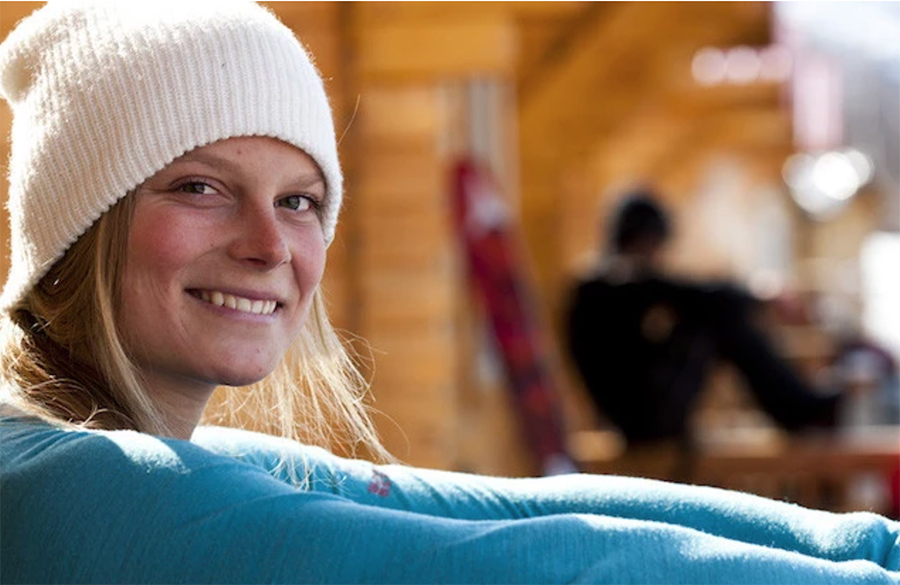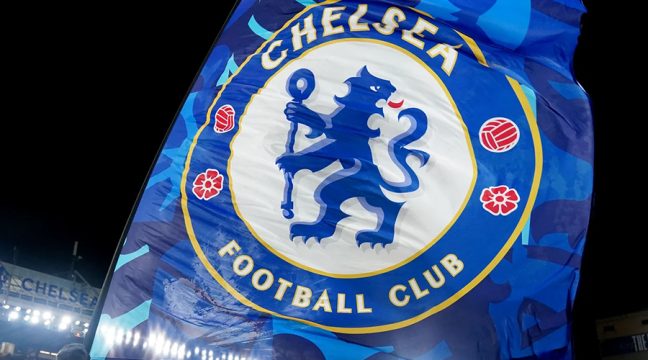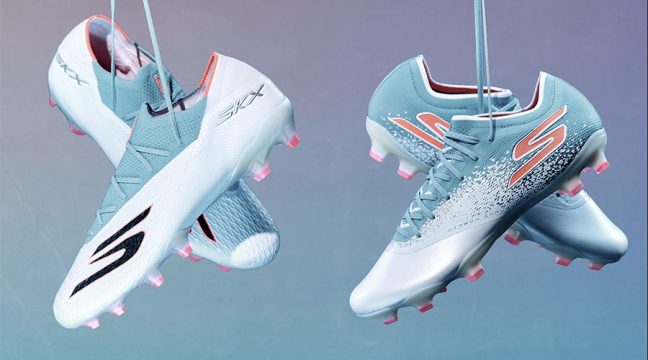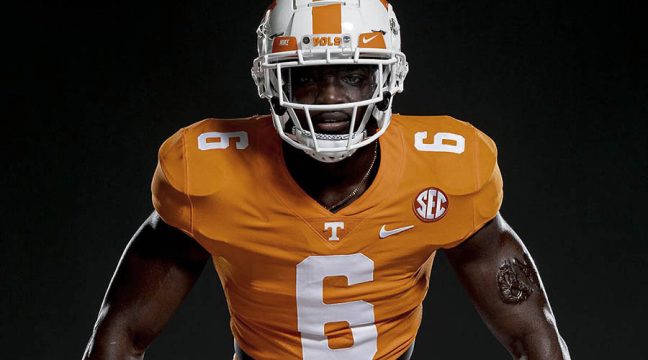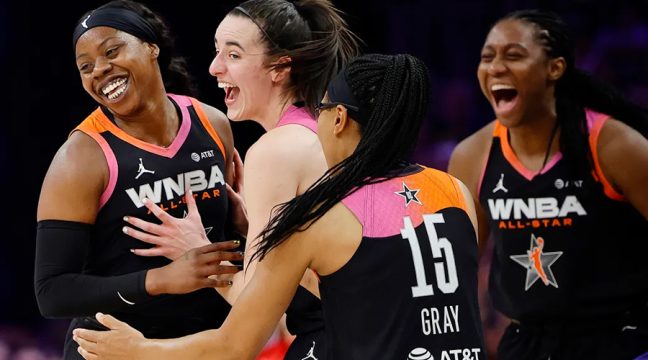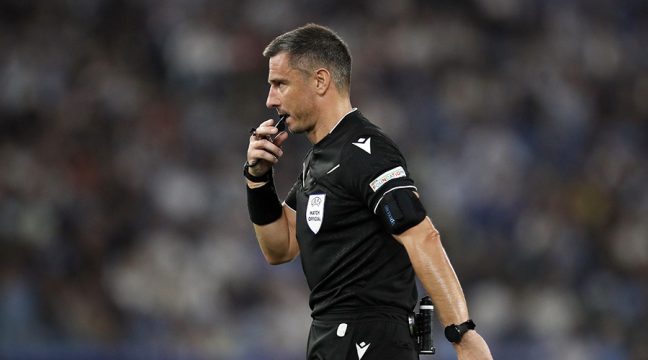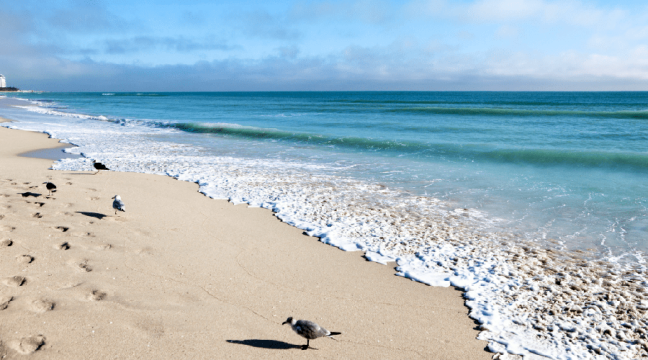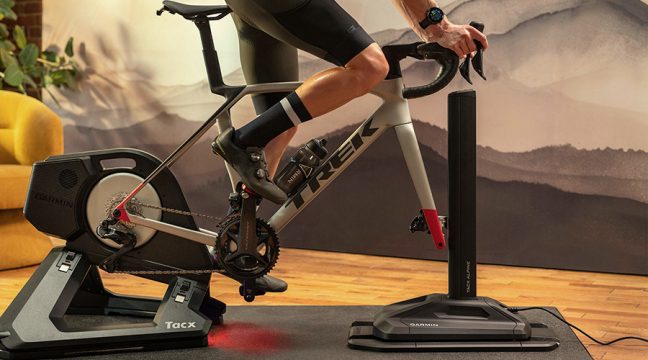By Teresa Hartford
<span style="color: #b0aeae;">Angel Collinson is a Big Mountain Freeskier, Adventurer, Ambassador for protecting the planet and, since her on-screen debut in 2013, an award-winning star of Teton Gravity Research (TGR) adventure films.
The daughter of the Ski Patrol Director for Utah’s Snowbird ski area, Angel grew up on skis riding some of the best powder in the U.S. with her brother and fellow pro skier and seven summits climber, Johnny Collinson.
Arguably one of the best skiers of her generation, Angel became an elite ski racer in her teens before entering big mountain Freeski competitions at age 19, winning overall Rookie of the Year in 2010 and 2011, while studying Environmental Law at the University of Utah.
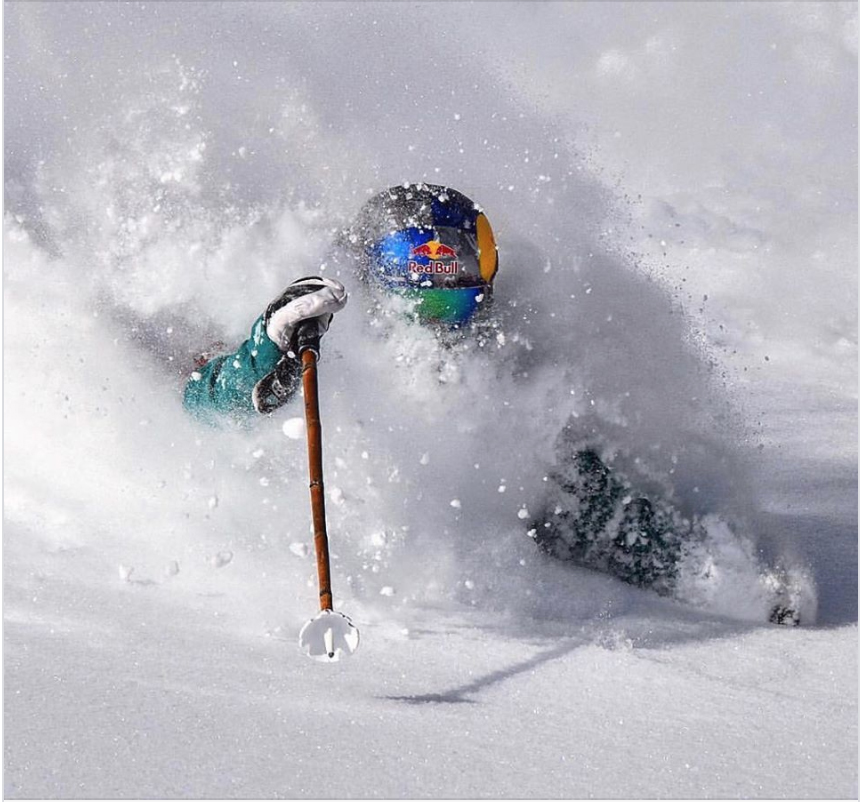
The ability to consistently perform toward the upper range of her athletic talent, regardless of the competition or injuries, has earned Angel the respect of her peers and from the biggest names in the industry like The North Face, whom she is an ambassador athlete.
Earlier this month, before the premiere of Winterland, the feature-length ski and snowboard film by TGR in which Angel stars alongside 22 of the most accomplished freeskiers and snowboarders in the business, SGB Today sat down with Angel on a range of topics including how she focus’ on the positive, being present in the moment and keeping her mental edge after an injury.
How are you feeling after your recent knee surgery? I’m in the rehab period. When you have an ACL or ligament reconstruction that I’ve had, it takes more than a year before it’s fully healed and nine months after that before you can push it. You have to keep everything in a controlled environment for a while.
What goes through your head during quiet time? The first question you ask yourself is, ‘why are you doing this?’ ‘what’s your motivation?’ ‘what’s your inspiration?’ That’s what you have to connect to when things get tough.
You love skiing. It’s also your job. When your not able to ski, what do you do to maintain your fitness? Biking, whether mountain or road, helps me stay cardiovascularly fit as does dancing, which I recently got into, and I’m much stronger than my last knee surgery because I’m having so much fun doing it. It doesn’t feel like a workout.
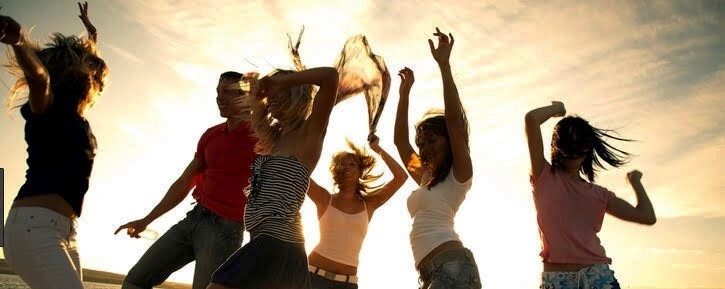
What kind of dancing? Ecstatic dance. Its a form of dance that lasts about three hours where you don’t need to follow specific steps. It’s a space where people can go and get their dance on with or without a partner. It puts you in a trance-like state and a feeling of ecstasy without drugs or alcohol. It’s fun. I’m feeling stronger than ever, and I don’t feel like I’m grinding myself, which, after a long ski season, it can feel that way.
Do you struggle to get motivated to work out? When I was racing, I was on a strict weight lifting program and would work out at the gym alone, which I found hard to find the motivation, or I took group classes, which included TRX and snow conditioning. I’ve never been stronger, and part of me wants to get back into that.
I did struggle with my motivation to do what I knew would make me feel the strongest, which is to go to the gym regularly. When I quit beating myself up and accepted that I could listen to the things I want to do, as long as I’m hitting specific markers that I knew I needed to hit, then life became more fun, and I enjoyed the process a lot more.
As an endorsed athlete, are there pressures to maintain your peak fitness? Not really. As long as my base fitness is good, after a couple of weeks on skis, I can be to where I am strong, confident and feeling great. Sometimes I feel pressure in the off-season, but when it comes to my sport, I know myself really well, and I know where I need to be. Sponsors do not affect that.
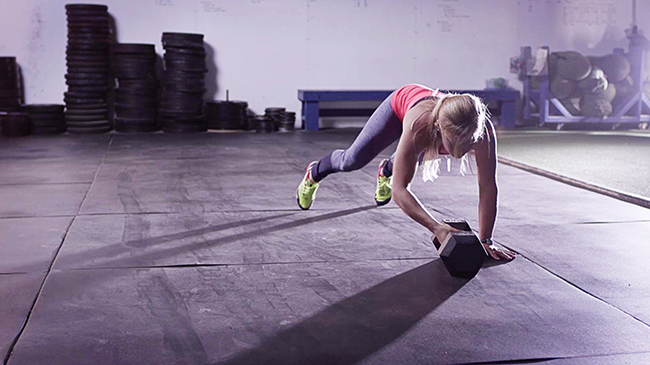
Do you equate that to muscle memory? Yes, there’s a lot to that. I grew up ski racing and hammering on ski techniques. The smallest fundamentals were drilled into me, my muscle memory and my neurocognitive system but, I’m also naturally strong without having to go to the gym, which I’m grateful for and which I rely on. I don’t have to work as hard as others have to.
On average, women have less brut strength than men and their technique, when skiing, can be fixed with strength training. If you’re motivated, there are a million ways to skin a cat, but being strong is a big part. If you’re motivated to go to the gym and lift weights, it helps a lot, especially for women.
Do you have a training coach? I don’t. I like training with my brother, Johnny.
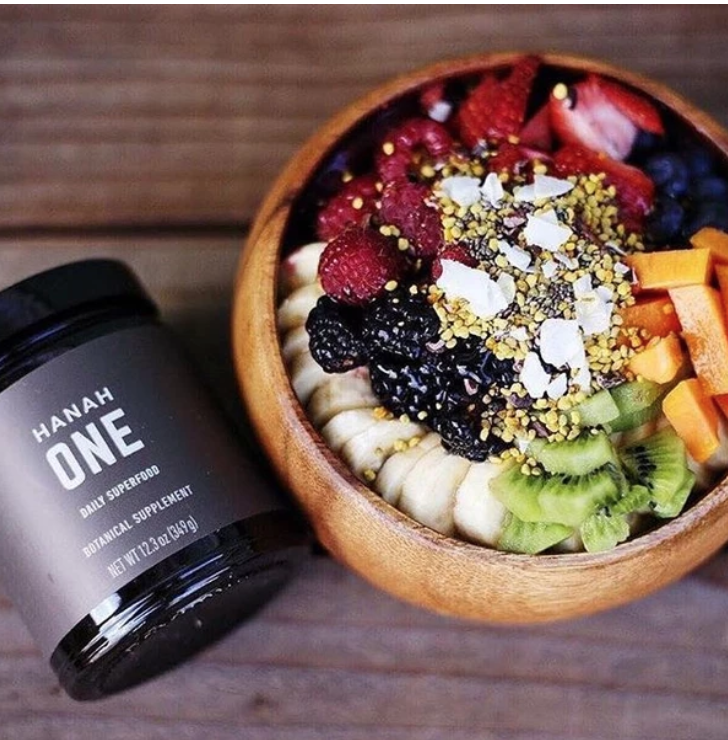 Do you pay much attention to your diet and nutrition? Yes, it’s something I think a lot about. Last year I stumbled upon Ayurveda, and it changed my life, especially regarding what and how I eat. Today, I treat my body with herbs, spices and adaptogens. I like Rhodiola, Turmeric and CBD if my system needs help down-regulating. I look at the stresses I’m putting my body under and how I can support it. It’s always changing.
Do you pay much attention to your diet and nutrition? Yes, it’s something I think a lot about. Last year I stumbled upon Ayurveda, and it changed my life, especially regarding what and how I eat. Today, I treat my body with herbs, spices and adaptogens. I like Rhodiola, Turmeric and CBD if my system needs help down-regulating. I look at the stresses I’m putting my body under and how I can support it. It’s always changing.
Sometimes I’m stressed when I’m dealing with fear. There is a lot of dopamine, adrenaline and serotonin running through my body. So, I ask myself, ‘what does my body need to help me deal with this?’ Sometimes I’m dealing with work stresses, which is less than a visceral fear but still overall stress, and I can feel that tax my body. I adjust my body and supplements accordingly. I travel with supplements and have been taking Hanah One, a blend of Ayurvedic herbs and adaptogens, shown above.
I travel a lot, and it’s tough to eat well when you’re on the road. That’s been my biggest challenge. If I can, I eat at regular times eating a light breakfast, the biggest meal at lunch, dinner is light, and no snacking after seven. Those are principals I learned from Ayurveda.
I modulate my diet based on if I feel I’m recovering well or if I feel I’m struggling with recovering well. I love adaptogens for that, but there’s’ no replacement for fresh food and a good night’s sleep.
As an elite athlete, is your body more hyper-sensitive to feel imbalances? I have good body awareness. Ayurveda also helps.
Our bodies are smart. They want to come back to balance. You have to figure out how you are getting in the way of that and remove the obstacles. Understanding that helped me conceptualize what’s right for my body, and I pay attention to it more.
As pro athletes, you can have good body awareness but you also get good at withstanding pain and suffering and pushing down the body’s signals of not feeling good, or it hurts because we have to get through things. Your body intuition gets better the more you use it, and quieter the more you suppress it.
When I started with the intention to listen to my body, it took a while—even recovering from injury. I couldn’t tell what my body wanted me to do. But over the course of the last couple of years, I’m much more clear what my body is asking of me.

How do you stay balanced and motivated at the same time? Balance offers more energy to do what you want to do and is motivating. It’s different for all of us. We all have a fire that burns inside of us—our fuel source if you will—wanting to accomplish things and do things. Sometimes the fire rages and sometimes it flickers. For me, it’s figuring out how to nurture the fire best because when you are feeling “fired up,” you have the energy to do whatever you want, and inspiration comes naturally. When my fires running low, I find that I have to do other things to get motivated.
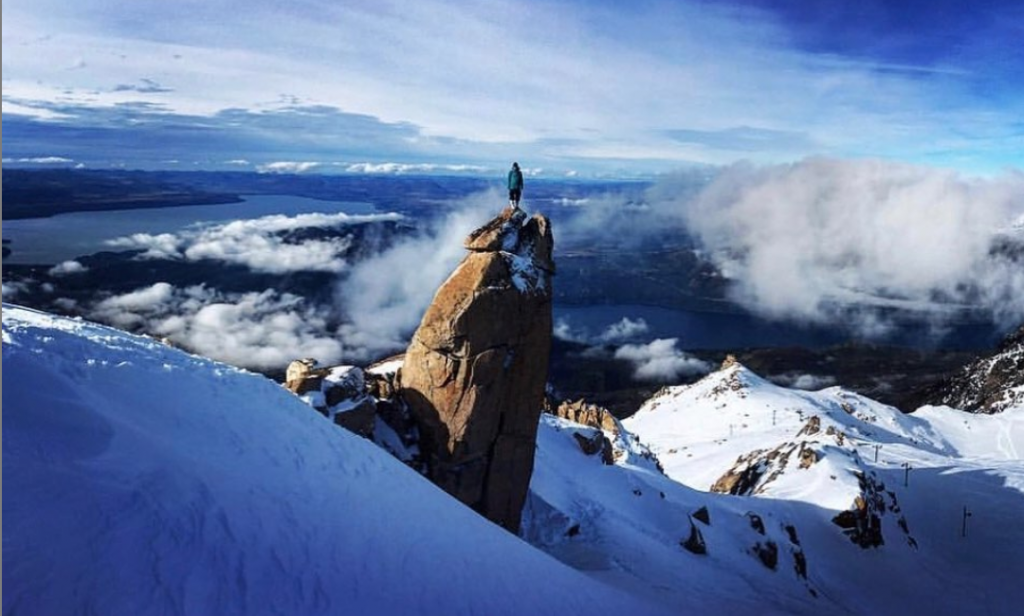
Do you practice Meditation and Visualization? I try not to be preachy when talking about it, but it’s an essential part of my life.
Meditation helps me to be self-aware. The more self-aware and the constant practice of being in the moment and how you respond to each thought, and each sensation is a practice for being able to respond the way you want to respond. That’s what I take from my meditation into life and my sport.
Visualization studies are insane. You can grow muscle mass just by visualizing. I believe if you can’t visualize yourself doing something physically, rehearsing it and feeling what it would be like is valuable, and that could be where your breakthrough happens so that the next time you get out there, you have a fresh mind and your body and can nail it.
What are your favorite training devices? My favorite listening devices are my iPhone and Bluetooth headphones. When I’m resort skiing, the wireless optics in my Smith helmet have been a game-changer and my Suunto Ambit 3 and Whoop Fitness membership.
Photos courtesy Angel Collinson

